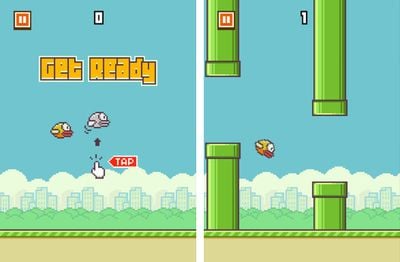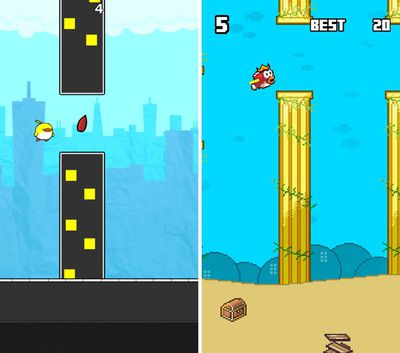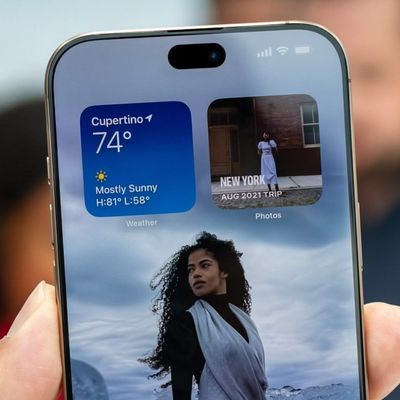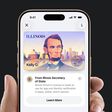When Flappy Bird creator Dong Nguyen removed his ultra popular app from the App Store back in February, he gave little explanation for the surprising decision, aside from a short message stating he could no longer take the attention.
In a new interview with Rolling Stone, Nguyen explains why he pulled the app, pointing to extensive press coverage and unwanted attention in his home town of Hanoi. While Nguyen enjoyed his early success, he was swarmed by the media after news of his monetary success was revealed. At the height of its popularity, Flappy Bird was generating upwards of $50,000 per day.

As news hit of how much money Nguyen was making, his face appeared in the Vietnamese papers and on TV, which was how his mom and dad first learned their son had made the game. The local paparazzi soon besieged his parents' house, and he couldn’t go out unnoticed. While this might seem a small price to pay for such fame and fortune, for Nguyen the attention felt suffocating.
Even more troubling were the messages he began receiving from parents and Flappy Bird players who had become addicted to the game. One woman told him he was "distracting the children of the world," and Nguyen worried the game was too addictive.
Another [message] laments that "13 kids at my school broke their phones because of your game, and they still play it cause it’s addicting like crack." Nguyen tells me of e-mails from workers who had lost their jobs, a mother who had stopped talking to her kids. "At first I thought they were just joking," he says, "but I realize they really hurt themselves."
According to Nguyen, who had trouble in school because of his own addiction to Counter-Strike, those messages were a major reason why he opted to put an end to Flappy Bird. When asked by the interviewer why he ultimately pulled the app, he said "I'm master of my own fate. Independent thinker."
With Flappy Bird’s removal from the App Store, hundreds of clones have popped up. While Apple initially attempted to stem the flood of Flappy Bird-style games, the game’s success has continued to tempt developers into creating clones. At the end of February, one-third of new games released over a 24-hour period ended up being games that were heavily inspired by Flappy Bird and Nguyen's success. "People can clone the app because of its simplicity," Nguyen said, "but they will never make another Flappy Bird."

Nguyen told Rolling Stone that removing Flappy Bird from the App Store has been a "relief," but he is also contemplating returning the app to the App Store.
"I'm considering it," Nguyen says. He’s not working on a new version, but if he ever releases one it will come with a "warning," he says: "Please take a break."
Though Flappy Bird is no longer available for download, it continues to make money for Nguyen, "generating tens of thousands of dollars." The app's success has led Nguyen to quit his job, and he’s considering purchasing both a Mini Cooper and an apartment as he continues to develop new games.
Rolling Stone's full interview with Nguyen, which is well worth reading, also includes tidbits on the development of Flappy Bird, details on Nguyen's childhood, his game creating experience, and info on his future plans.





















